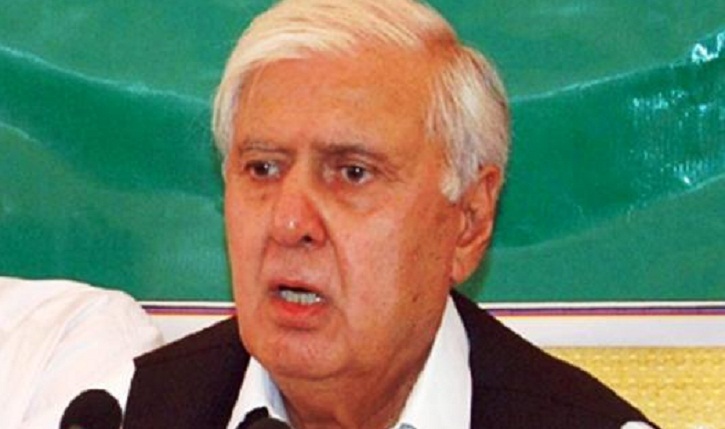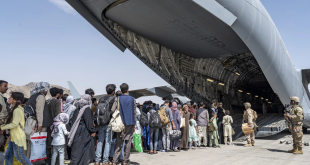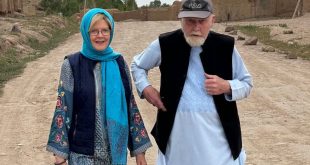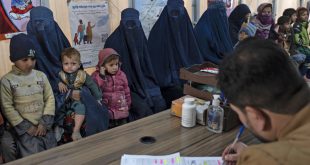AT-KABUL: A veteran Pakhtoon politician expressed his dread over what he said a possible civil war to go off in Afghanistan if the Kabul administration sidelined from fresh peace talks.
Qaumi Watan Party Chairman Aftab Ahmad Khan Sherpao told a news conference on Saturday that the administration of President Ashraf Ghani must be part of talks with Taliban.
Moreover, he talked about China-Pakistan-Economic-Corridor (CPEC), where he said Afghanistan to be part of it. He, who was also served as Interior Minister of Pakistan, asked Islamabad to boost trade with the neighboring countries.
The visa regime should also be relaxed and Afghans provided with medical treatment facilities in Pakistan, the ex-chief minister demanded, calling for removing the Kabul-Islamabad trust deficit.
This comes as several round of peace talks between US and Taliban group had took place in different countries, but the recent one to be held in Qatar was called off by Taliban, citing difference over agenda.
However, the National Security Advisor Hamdullah Mohib in a meeting with his Chinese counterpart Guo Shengkun touted the role Beijing can play in furthering the Afghan peace process and discussed bilateral ties.
The Afghan and Chinese national security advisors at a meeting in Beijing discussed changing political dynamics in the region, threats to and opportunities for the peace process in Afghanistan. Counterterrorism, regional cooperation and efforts to end the 17-year-old conflict came under discussion in the meeting, a statement from the National Security Council said.
NSA Mohib hailed China’s role in the Afghan peace process as decisive and urged Beijing to encourage regional states to work for reconciliation in the war-torn country.
Furthermore, President Ghani’s special peace envoy, Mohammad Omer Daudzai recently expressed hope that the war that had cost the United States about $1 trillion would end in 2019. “We have declared 2019 as a year of peace for Afghanistan.”
The U.S. Special Peace Envoy for Afghanistan, Zalmay Khalilzad, is also on a tour of the region, visiting India, China, Pakistan and Afghanistan. The Taliban have refused direct talks with Kabul despite pressure from Saudi Arabia, the United Arab Emirates and even Pakistan. In response, Washington has suspended hundreds of millions of dollars in reimbursements to Pakistan. Islamabad says its influence over the Taliban is overstated.
 Afghanistan Times
Afghanistan Times




